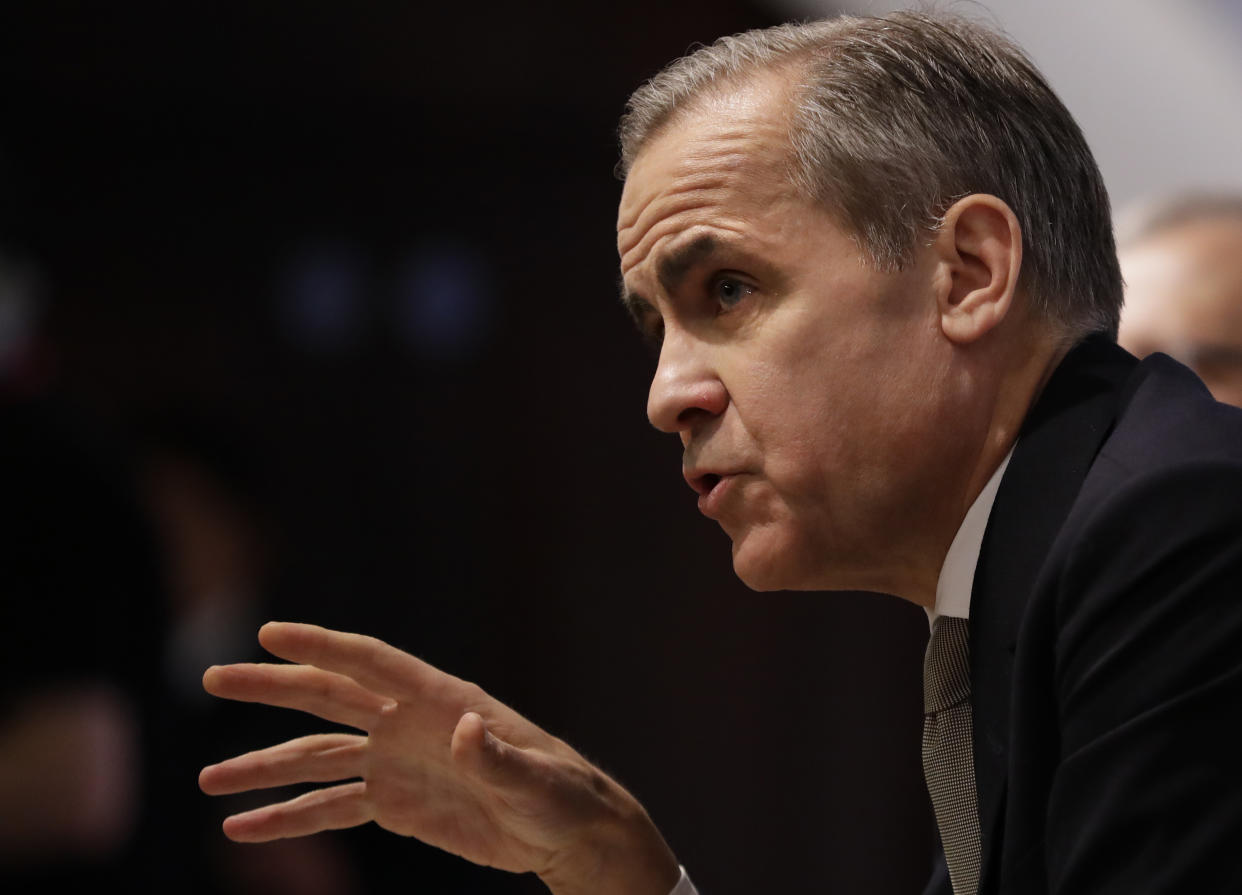Bank of England Carney: Climate no longer 'niche' issue for investors

Questions about sustainability and carbon footprint have become key issues for global investors, according to Bank of England governor Mark Carney.
“These issues have moved very swiftly from being corporate social responsibility issues, or more niche issues, within finance to fundamental value drivers,” Carney, who is due to leave the central bank in March, said on Tuesday.
“With the major investors, this is becoming the question: what’s your plan to get to net zero [carbon emissions]? With every corporate.
“That will determine where capital is flowing, obviously influenced by public opinion, pressure, and government policy as well. But that moving from the periphery to absolutely the mainstream is what’s going to drive transition, and might I add jobs.”
The comments came during a panel at Davos titled ‘Solving the Green Growth Equation’. Carney appeared alongside Greenpeace International Netherlands executive director Jennifer Morgan and Mariana Mazzucato, Professor of Economics of Innovation and Public Value at University College London.
Climate change is top of the agenda this year at Davos, the annual gathering of the global elite in Switzerland. The title of this year’s World Economic Forum (WEF) annual meeting, as Davos is officially known, is ‘Forging a Sustainable Path towards a Common Future’ and WEF warned ahead of the conference that environmental issues are the biggest threat to the planet.
Carney has long been vocal on the role finance must play in addressing climate change during his time at the Bank of England. The Canadian first raised the issue in a speech in 2015 and has committed the Bank of England to introducing climate stress testing for banks.
“You have the Bank of England — and a number of other central banks will do this as well — stress testing testing their banks for a transition to net zero,” Carney said Tuesday. “The world’s largest and most complex financial system, that’s what we’re doing. At the core of the system now these questions are being asked.
“If you’re on the right side or the wrong side, and if you’re on the wrong side, what are you going to do about it?”
“I think we’re seeing a fundamental reshaping of the financial system,” Carney said, alluding to BlackRock chief executive Larry Fink who last week pledged to put addressing climate change at the heart of its investment mission.
Carney is set to take up a role as United Nations special envoy for climate action and finance when he leaves Threadneedle Street and is also set to advise UK prime minister Boris Johnson on climate finance.
The Bank of England estimates as much as $20tn (£15tn)-worth of assets could be at risk from climate change.


